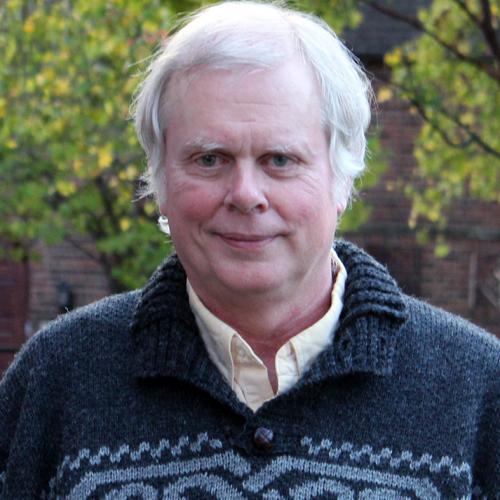

GSLIS Professor and Associate Dean for Research J. Stephen Downie and GSLIS-affiliated faculty member Professor Tim Cole (MS '89) recently traveled to Kyoto, Japan, to participate in the third annual Japanese Association for Digital Humanities conference, which was held September 19-21 at Ritsumeikan University.
Through digitization, the accessibility of cultural resources has improved in the past decade; however, new barriers to access have developed. One of the goals of the conference was to raise awareness concerning the work of humanities researchers in order to better support their efforts and the development of "various approaches toward inheriting humanities in the digital age."
Downie and colleague David Bainbridge, associate professor at the University of Waikato's Department of Computer Science, gave a presentation titled, "Integrating Independent Discovery and Analysis Tools for the HathiTrust Corpus: Enhancing Fair Use Digital Scholarship."
From the abstract:
The HathiTrust Research Center (HTRC) is the research arm of the HathiTrust (HT). The HT corpus contains over 10 million volumes that comprise more than 3 billion pages drawn from some of the world's most important libraries. Founded in 2011, the HTRC is a unique collaboration that is co-located within two major institutions: University of Illinois and Indiana University. In this poster/demonstration, we introduce a new tool designed to enhance the ability of scholars to perform analyses across both the open and copyright-restricted data resources found in the HT corpus.
Downie and Cole, along with Beth Plale, professor of computer science at Indiana University, and John Unsworth, vice provost for library and technology services, chief information officer, and university librarian at Brandeis University, presented a poster titled, "Workset Creation for Scholarly Analysis: Preliminary Research at the HathiTrust Research Center."
From the abstract:
The ability to slice through a massive corpus consisting of many different library collections, and out of that to construct the precise workset required for a particular scholarly investigation, is the "game changing" potential of the HathiTrust . . .Given the unprecedented size and scope of the HathiTrust corpus—in conjunction with the HTRC's unique computational access to copyrighted materials—we are beginning a project that will engage scholars in designing tools for exploration, location, and analytic grouping of materials so they can routinely conduct computational scholarship at scale, based on meaningful worksets.